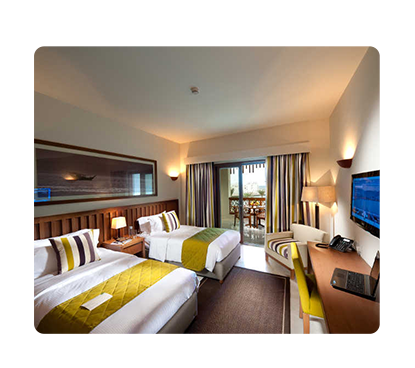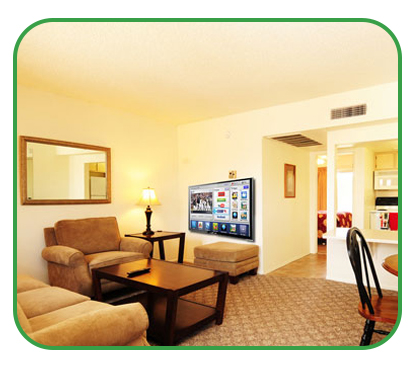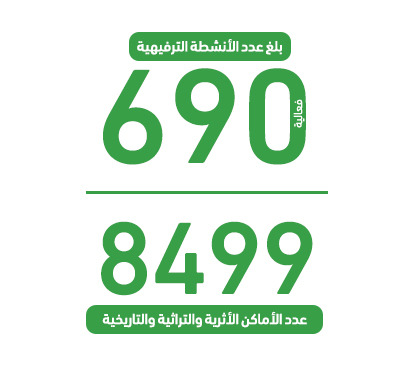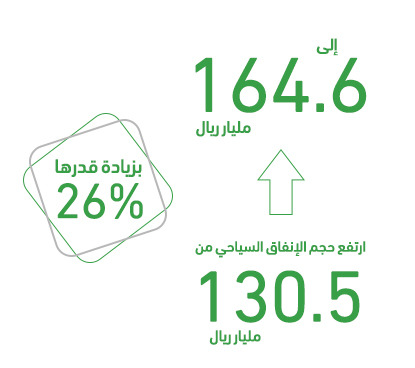Mashroo3k Economic Consulting Company offers a feasibility study for a residential complex project in Yemen, offering the highest return on investment and the best payback period. This study is based on a series of in-depth studies of the service and commercial sectors in Yemen, an analysis of competitors’ strategies, and the provision of competitive pricing offers.

The residential complex project offers rental residential units with the highest quality finishes and state-of-the-art equipment. The complex also offers numerous other services, ensuring a comfortable living environment for residents.
mashroo3k Economic Consulting Company provides investors interested in investing in a residential complex project in Yemen with a set of specialized feasibility studies based on updated databases specific to the Yemen market. This helps ensure the project’s success, achieves the highest return on investment, and provides the best payback period. This is achieved through a series of in-depth studies of the Yemen market size, an analysis of the strategies of local and foreign competitors, and the ability to provide competitive pricing.



Large apartment space in the building
A security room
A separate laundry and ironing room
A swimming pool and health club
A gym for men and women
A restaurant
Meeting rooms
An elevator in the building
Executive summary
Study project services/products
Market Size Analysis
Risk Assessment
Technical study
Financial study
Organizational and administrative study

The tourism sector is one of the most important contributors to global GDP. Its direct contribution represents 3.3% of global GDP, while the total contribution of the sector reached 10.4%, amounting to US$9.2 trillion. It is worth noting that the sector accounts for 10.6% of all jobs (334 million jobs), and the value of global leisure travel spending is estimated at US$2.37 trillion. It is worth noting that the sector is constantly growing, creating one in four new jobs worldwide.
This is a brief overview of global sector indicators. As for the sector indicators in the Gulf Cooperation Council (GCC) countries, we will present them below:
The UAE alone accounts for 47.30% of total spending by inbound tourists in the GCC countries.
The total number of nights spent by tourists in the GCC countries reached 303.2 million nights. Saudi Arabia’s share of these nights was 57.4%.
The total number of domestic tourists between the Gulf Cooperation Council (GCC) countries reached approximately 12.6 million people.
It is worth noting that the percentage of intra-GCC tourism accounted for 28.7% of the total number of tourists arriving in these countries. It should be noted that Bahrain recorded the highest percentage in terms of receiving these domestic tourists, at approximately 95.6%.
According to a publication by the Gulf Statistical Center, the number of hotel establishments in the GCC countries reached 11,119.
The total number of rooms in these hotels amounted to approximately 620,517 rooms, and reports indicate an expected growth rate of 2.3%.
According to the United Nations World Tourism Organization, the GCC countries are poised to welcome 195 million visitors by 2030.

The GCC leisure and hospitality construction market is expected to reach $642.3 billion by 2023.
The total number of inbound tourists to the GCC reached 43.8 million, with an annual decline rate of 0.3% over a five-year period.
If we assume the number of inbound tourists to the GCC as a percentage, the UAE alone accounts for 49.2%, followed by Saudi Arabia with 31.1%. As for the remaining countries, the following figure shows the distribution of inbound tourist numbers across the GCC:
Inbound tourist spending to the GCC recorded consecutive growth (12.1%), reaching $81.1 billion.